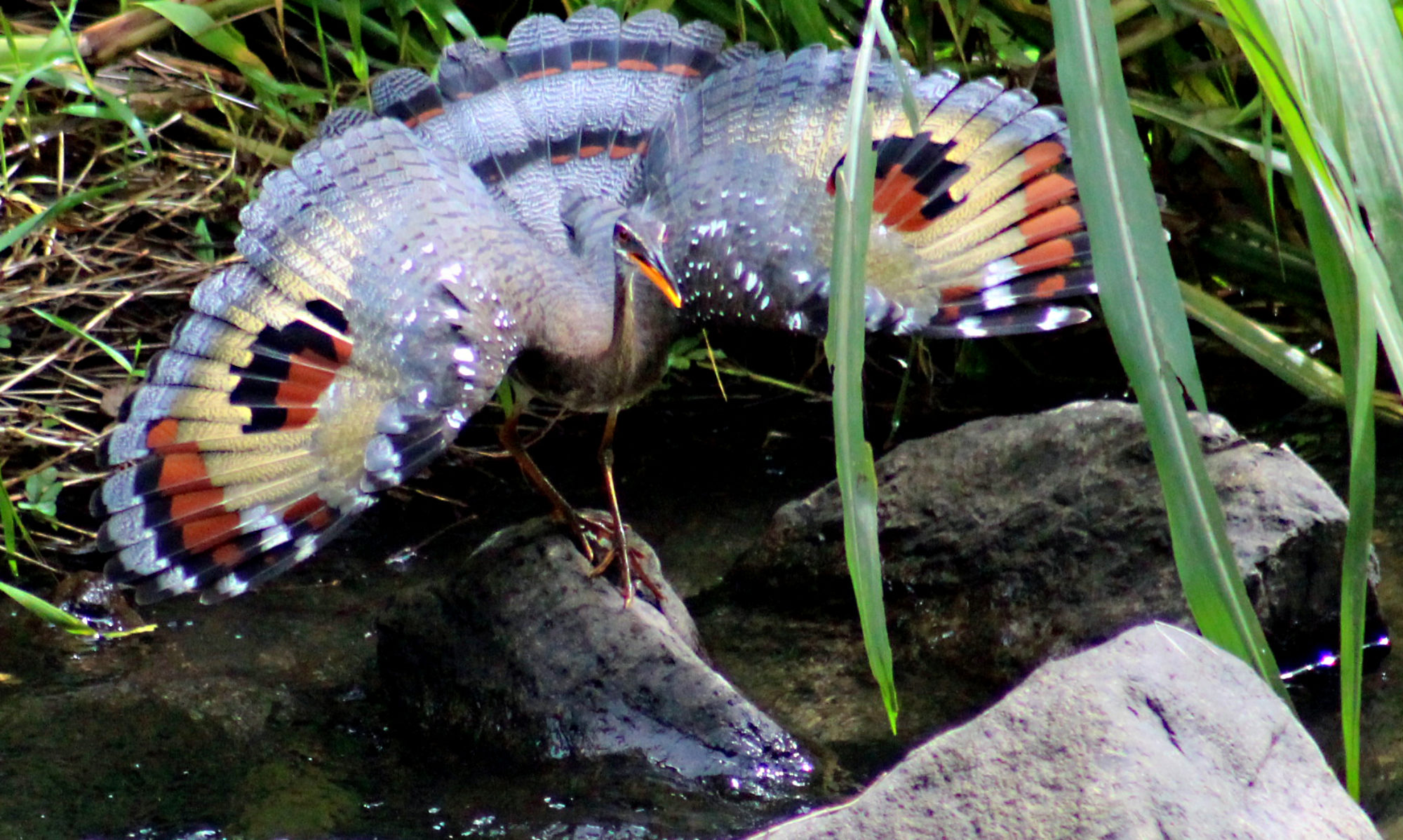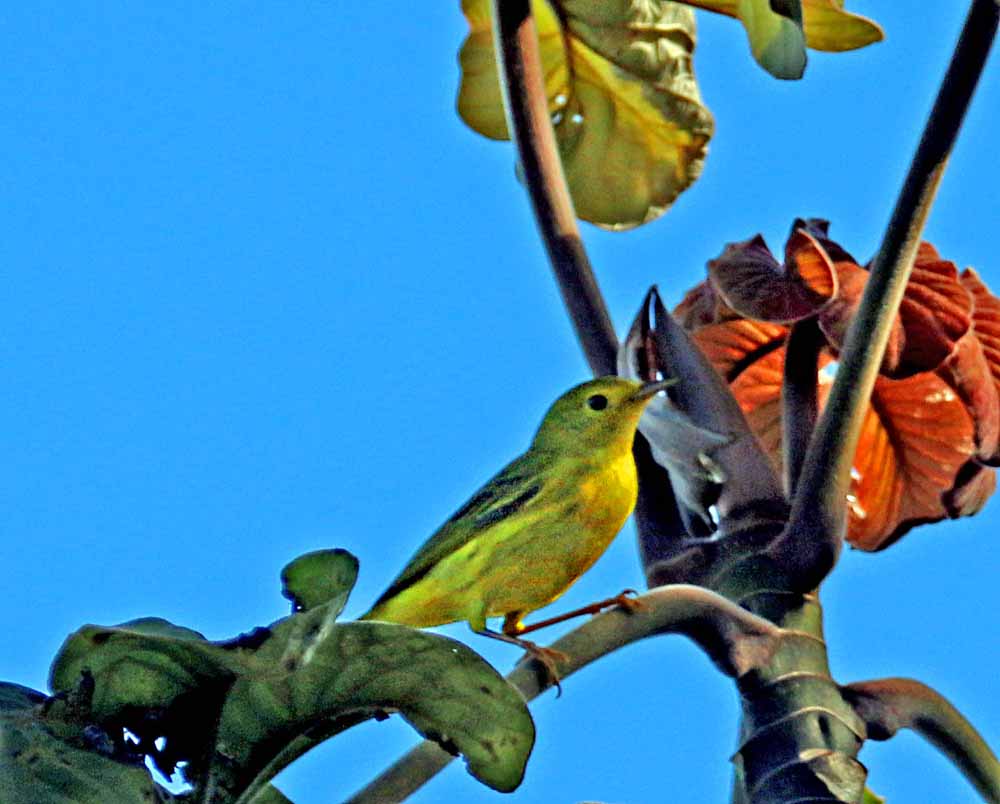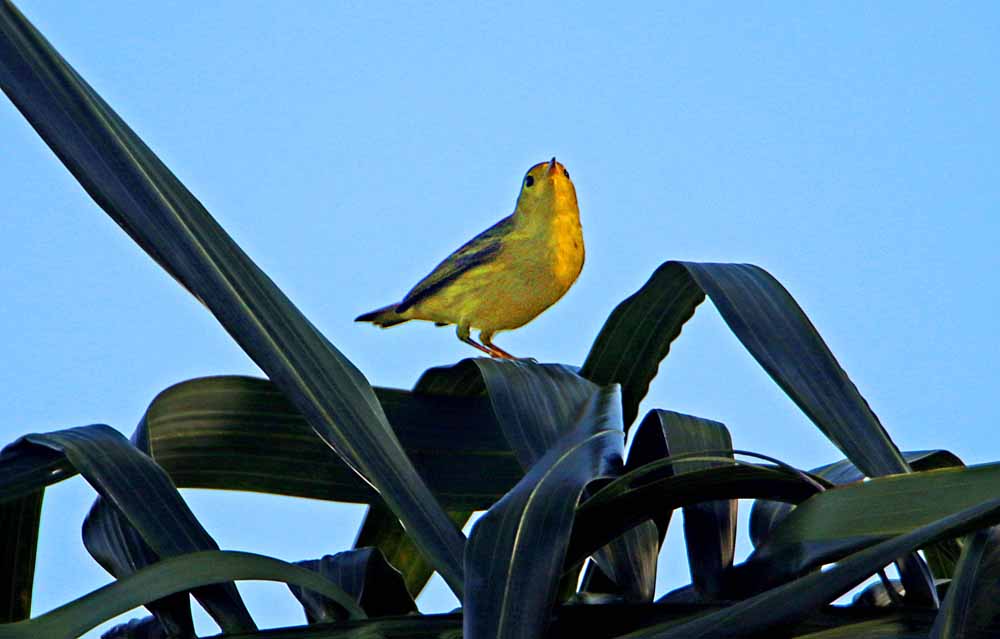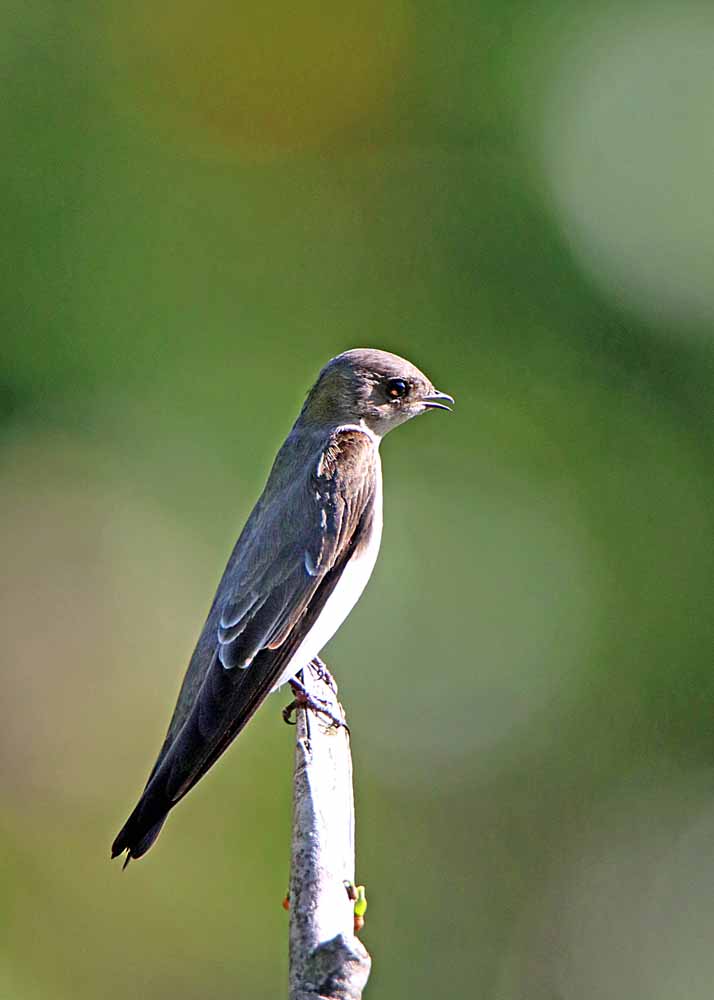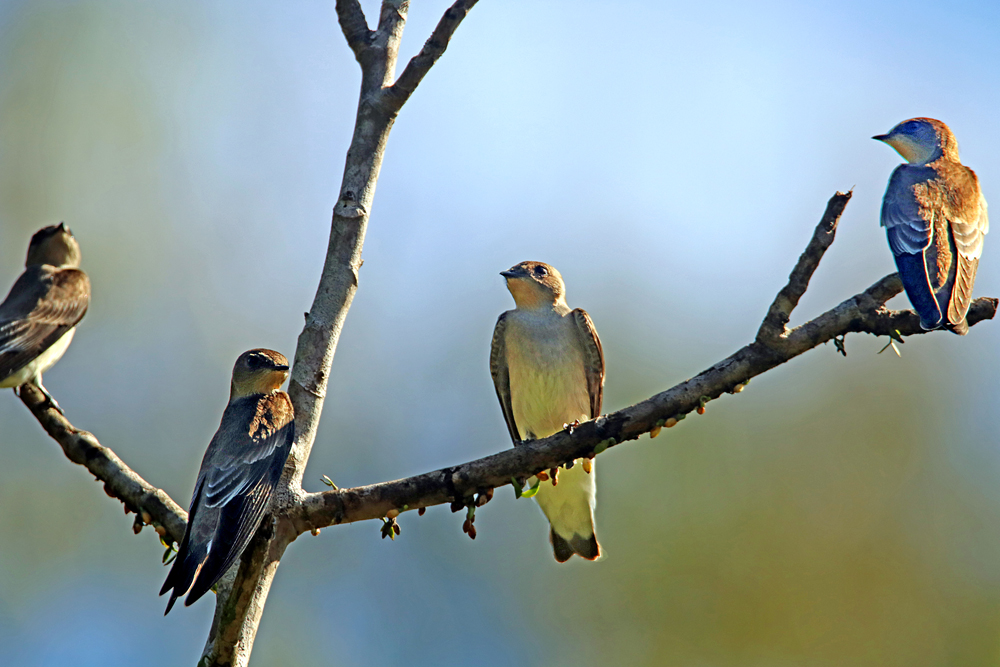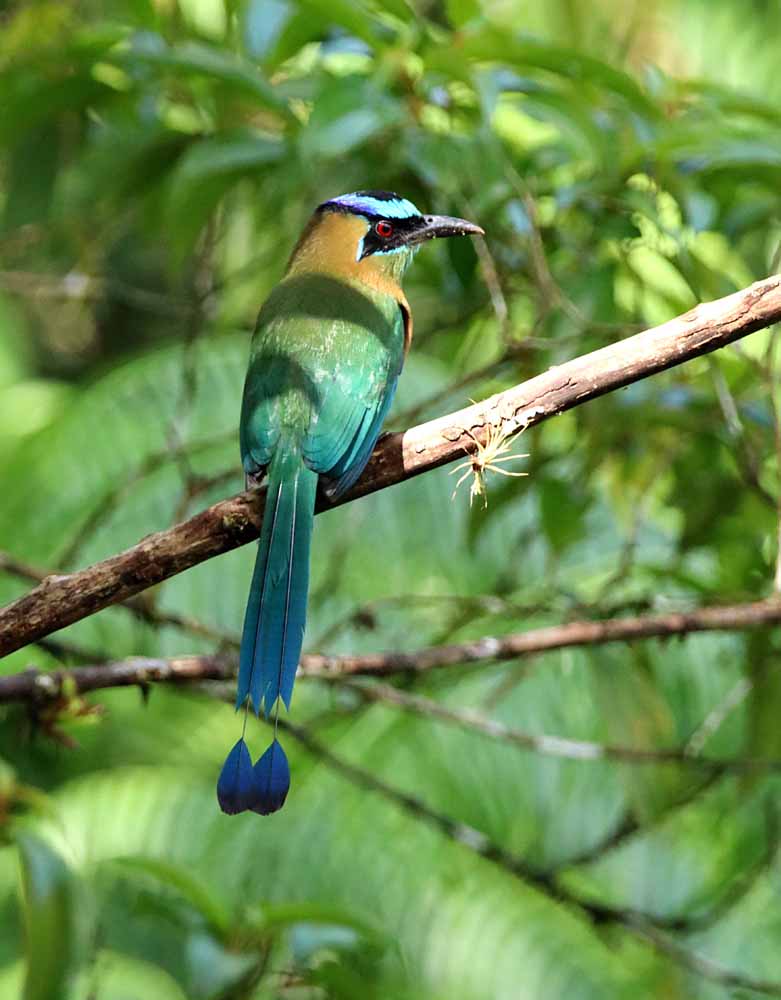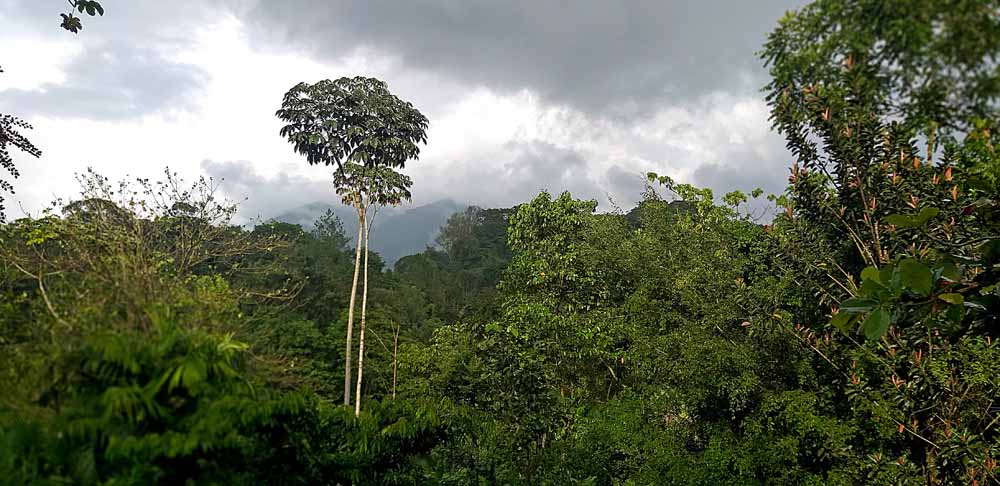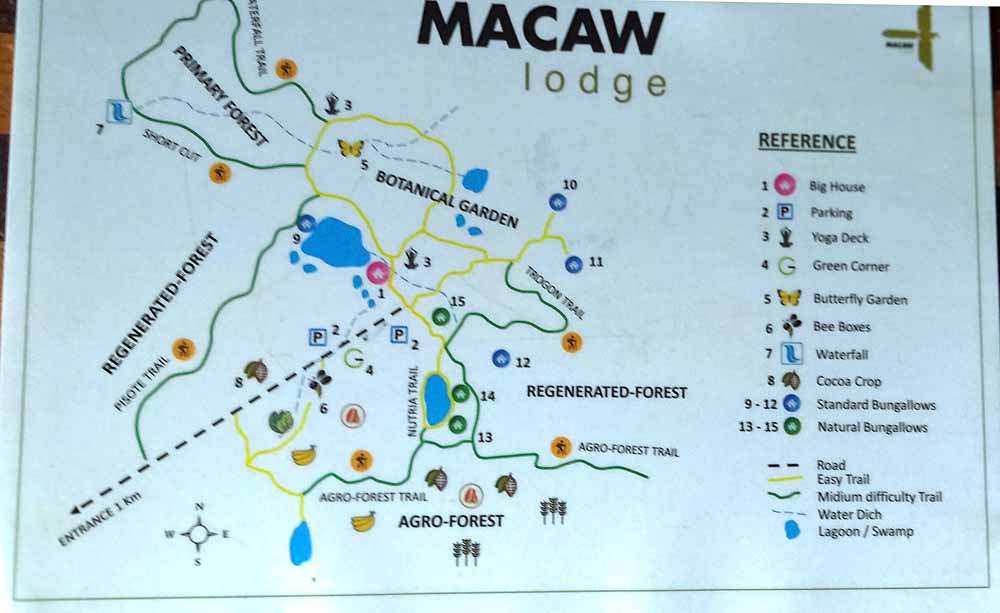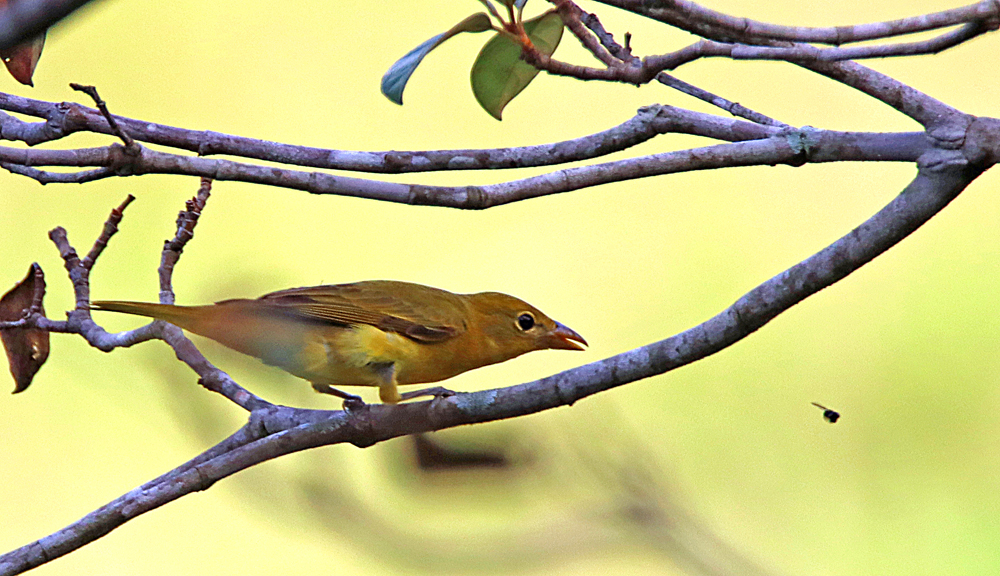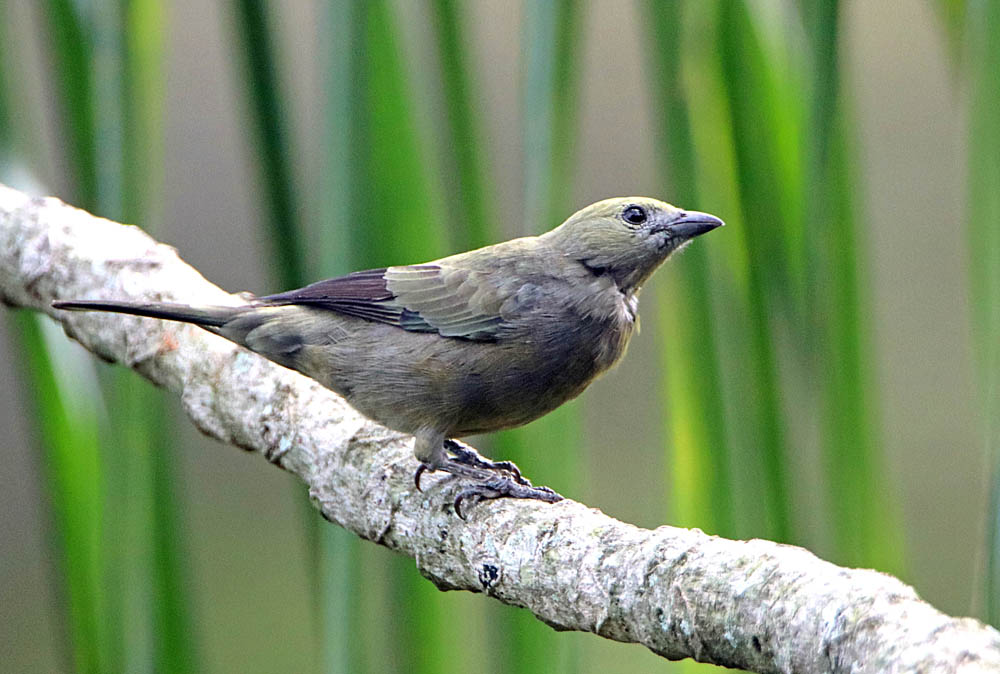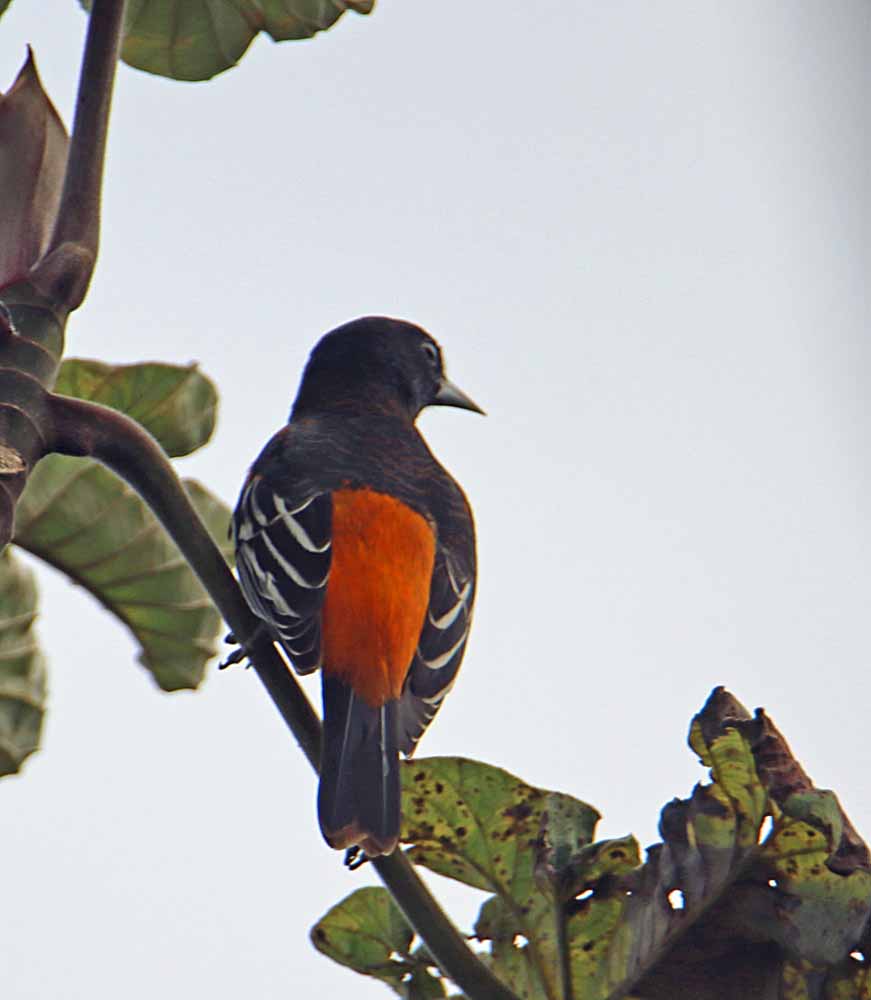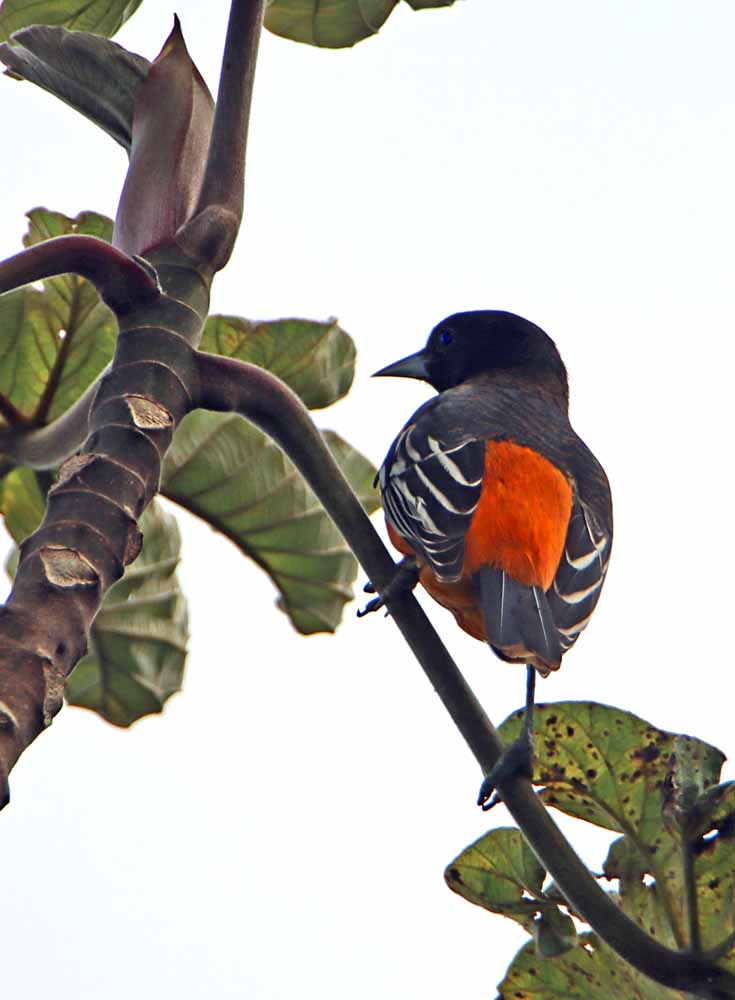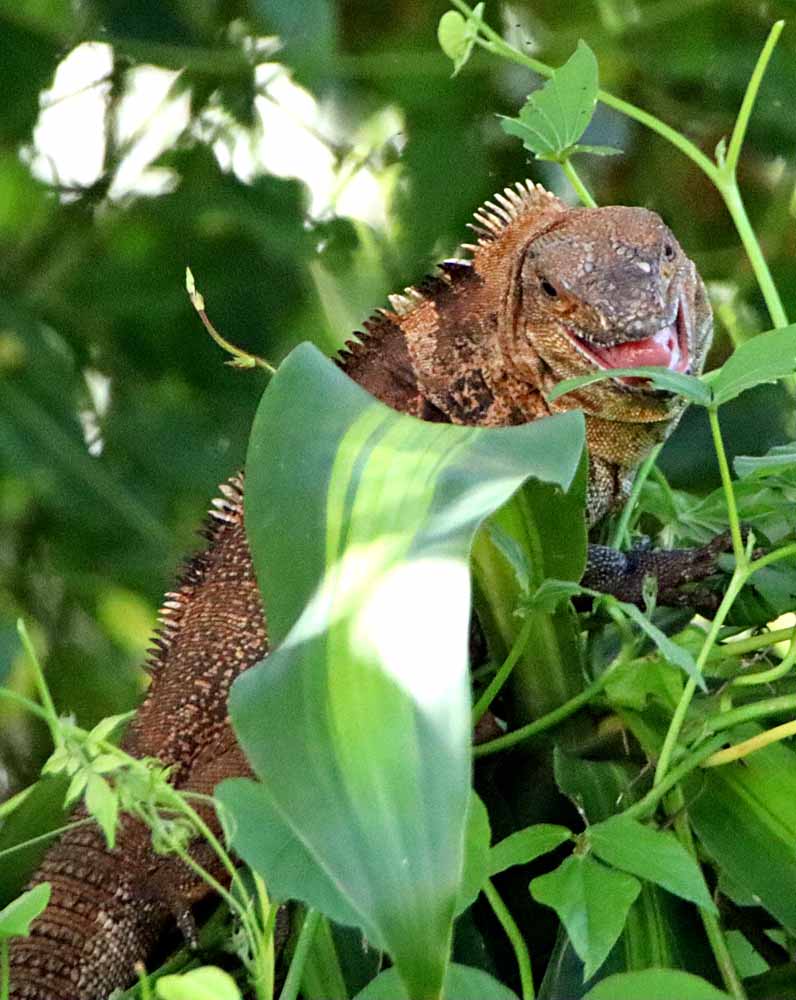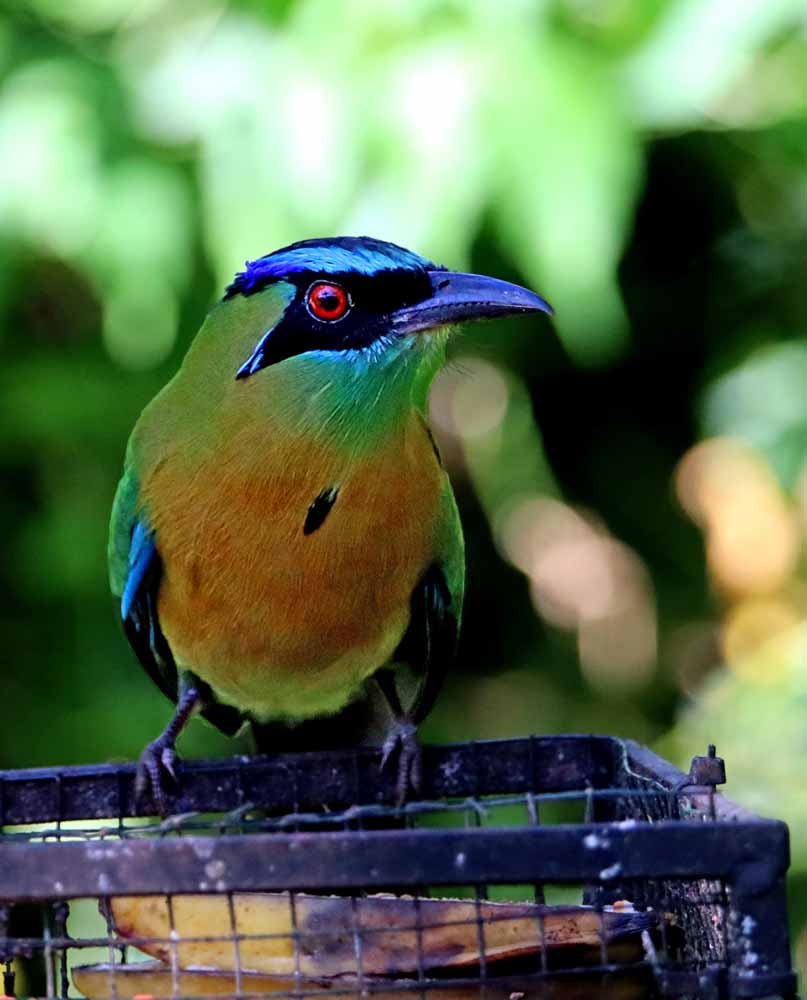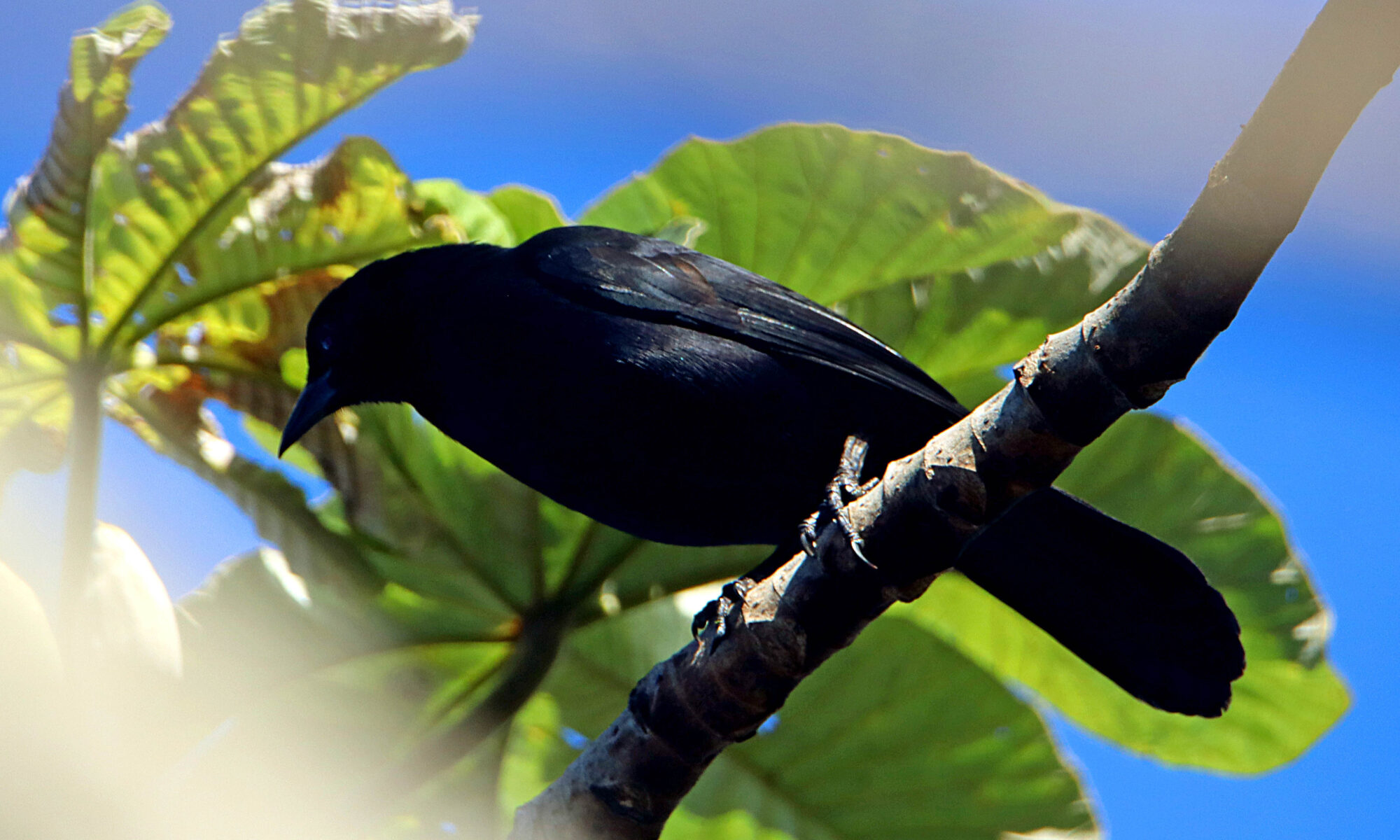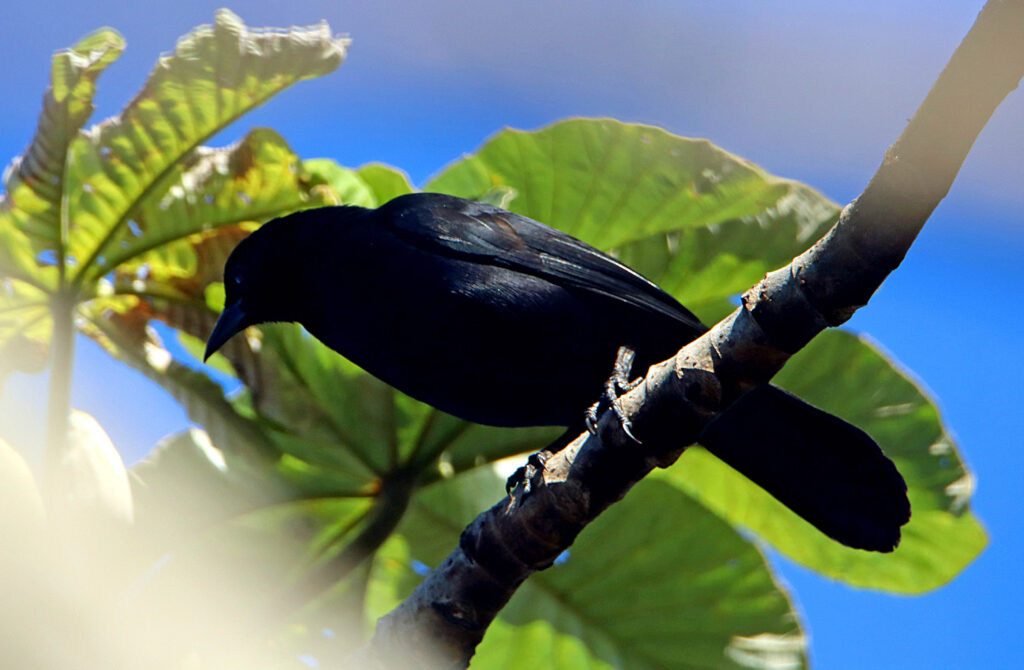Finally, I have the photo gallery for my November trip to Macaw Lodge completed, just 6 days before I begin my Christmas Trip to San Gerardo de Dota! I have been very busy since that last trip! 🙂 I will now blog those 6 days before Christmas trip on my garden and some more from Macaw Lodge. :-)
This was just my second time to go to Macaw Lodge which is at the closest national park to where I live. And though I’ve visited 4 other lodges/hotels near that park, Macaw is my favorite and I’m likely to be returning! :-) You can read about the lodge on their website linked here: Macaw Lodge, and it is a lot more than a yoga retreat which the site seems to emphasize! :-) And now for my unique (and I think good) collection of photos from just 3 nights at Macaw Lodge last month, click the gallery image below or go to this web address: https://charliedoggett.smugmug.com/TRIPS/2023-November-21-24-Macaw-Lodge-Carara-NP
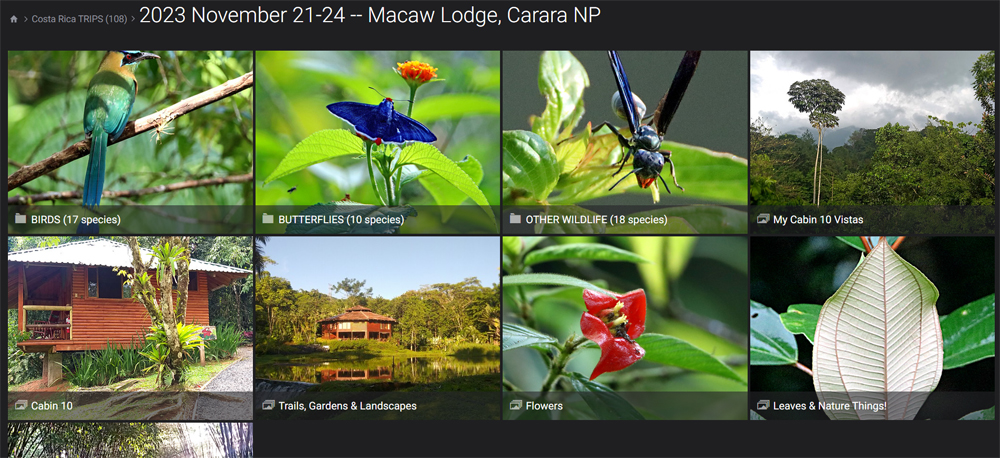
¡Pura Vida!
AND ABOUT MY OTHER BLOG POST TODAY: Back in January I read an article about fun or funny “Annual National Days” in the U.S. and quickly did a blog post on what I thought was the most interesting one for each of the 12 months and today is the last one on “Underdog Day!” I promise not to do anything like that again, though it was kind of fun when I put together all 12 posts! :-) Tomorrow I’m back to only one nature blog post each day! My real passion! :-)
¡Hasta luego!
